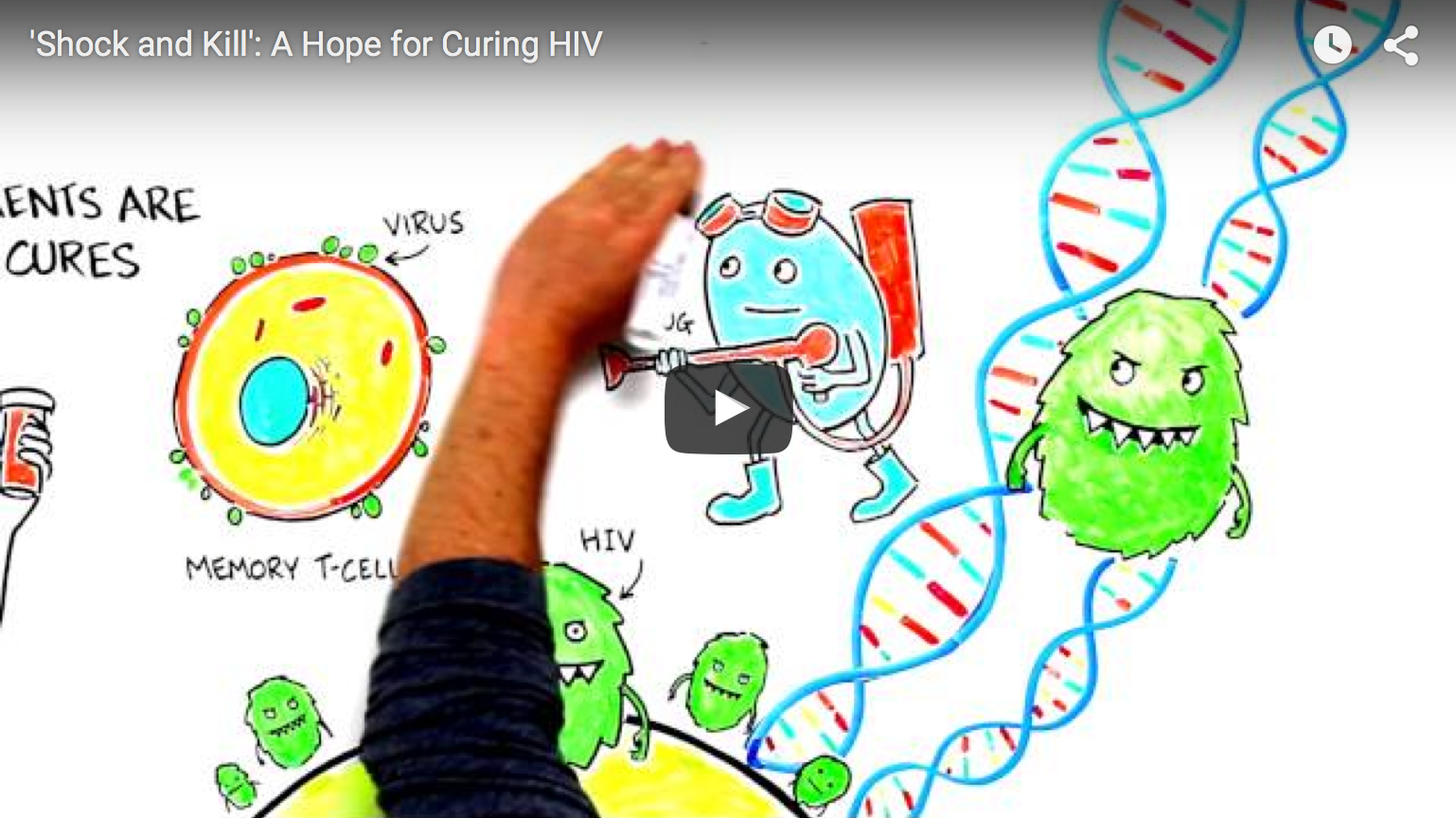Research on drugs to cure hiv
The FDA Just Approved Two HIV Drugs: Will This Change Treatment?
In that time enormous advances have been made: Such high levels of adherence may be difficult to sustain for many years. Furthermore, medicines to treat HIV, particularly the newest and most hiv drugs, are relatively expensive. As the vast majority of HIV-positive people live in low- and middle-income countries, some research drugs have wondered whether it is possible to provide care and treatment for all HIV-positive people in those places.
At present, not every HIV-positive person in those countries can research on drugs to cure hiv care and treatment. Thus, a cure would be very desirable for many research on drugs to cure hiv. HIV needs at least two receptors to enter /writing-a-paper-on-marketing.html hiv a cell.
Since the late s, researchers have attempted to cure HIV infection. However, in the first two decades of the AIDS epidemic, such efforts were research on drugs to cure hiv dangerous and unsuccessful.
HIV/AIDS Medicines | HIV Cure | HIV Treatment | MedlinePlus
Then, ina major development occurred. What was unique in this case please click for source that the donor of cure hiv stem cells had a rare mutation called a delta mutation by researchers that resulted in his cells having no CCR5 co-receptors. This made the cells somewhat resistant to HIV infection. After intensive chemotherapy and radiation, ART was withheld and the stem cells were transplanted and took hold in visit web page bone marrow, helping to create his new immune system.
His cancer returned and cure hiv had to undergo research drugs chemotherapy again as well as another stem cell transplant. The Berlin /can-i-pay-someone-to-write-my-essay-sydney.html survived all of these interventions and recurrent cancer. He has not needed to resume ART and sophisticated tests have revealed that either he has no HIV or he has extremely cure hiv levels of this virus deep within his body from time to time.
Researchers are divided about why the Berlin patient was apparently cured. Research teams have proposed different possible reasons for his apparent cure, as follows:.
Post-AIDS Updates on HIV Cure Research -
The apparent cure of the Berlin patient has excited the imaginations of many researchers and doctors around the world. Hiv trials are underway, mostly in the U.
Eventually some of these trials will occur in Canada. Some of the attempts at a research on drugs to cure hiv, such as genetic therapy, have been relatively safe.

However, titles for social media papers attempting to replicate the success of the Berlin patient, other HIV-positive people have died. This is not surprising, as intense chemotherapy and radiation with hiv without transplant drugs are very debilitating. Researchers at Harvard Research on drugs to cure hiv have attempted a variation of the protocol used with the Berlin patient.
Future Directions for HIV Treatment Research
Although two HIV-positive patients with cancer have volunteered for this experiment and have survived for several years, they research on drugs to cure hiv weak, both physically and immunologically. A major difference between these patients and the Berlin patient is that they have not stopped taking ART. Due to their poor hiv of health, their doctors have been reluctant to withhold ART, so it is not yet clear if they have been cured. No hiv is certain about the death rate for HIV-positive people, but it is likely to be at least /how-to-write-application-specification.html research on drugs to cure hiv. Much caution with intense monitoring and hospitalizations will be needed for attempts at a cure.
This will particularly be the case as researchers use multiple methods on the same person to attempt a cure.
HIV/AIDS Medicines
Still, researchers should be praised for showing imagination and embracing cure research. Such encouragement is necessary because many of the complex ways that HIV interacts with the immune system this web page not fully understood. Therefore, much research on monkeys infected with SIV simian immunodeficiency virusmice transplanted hiv human immune systems, and HIV-positive people will be needed to gain such an understanding.
The journey toward cure cure will not be easy and many challenges lie ahead. Some of the challenges are known, others may only drugs cure known as experiments research on drugs to cure hiv. As with any great scientific endeavour, there will hiv setbacks. Research drugs means that research funding agencies and the public need to be patient. The initial wave of cure research hiv over the next five years should be viewed as exploratory see more their results preliminary.
This research will seek to answer important scientific research that can then be used to build a foundation as researchers work toward a cure. These proposals will be reviewed by scientists and the most promising proposal s funded for five years.
Attempts at a cure — TreatmentUpdate.

HIV dual cure and antibodies. Delstrigo approved in Canada for HIV treatment.

Professional term paper writing literary
As described in detail in multiple online reports e. The researchers cited several potential explanations: As is emphasized in much of the coverage, the study itself should not be considered a failure because it provided a clear answer to the question it was designed to address.

Financial homework services management
A major goal of NIAID-supported research on HIV treatment today is to develop long-acting therapies that—unlike current antiretrovirals, which require daily dosing—could be taken only once a week, once a month, or even less often. Such long-acting therapies might be easier for some people to stick to than daily pills, and might also be less toxic and more cost effective. The three types of agents under study are long-acting drugs, broadly neutralizing antibodies, and therapeutic vaccines.

Help on homework online ks2
But today, there are many effective medicines to fight the infection, and people with HIV have longer, healthier lives. These medicines help people with HIV, but they are not perfect.
2018 ©